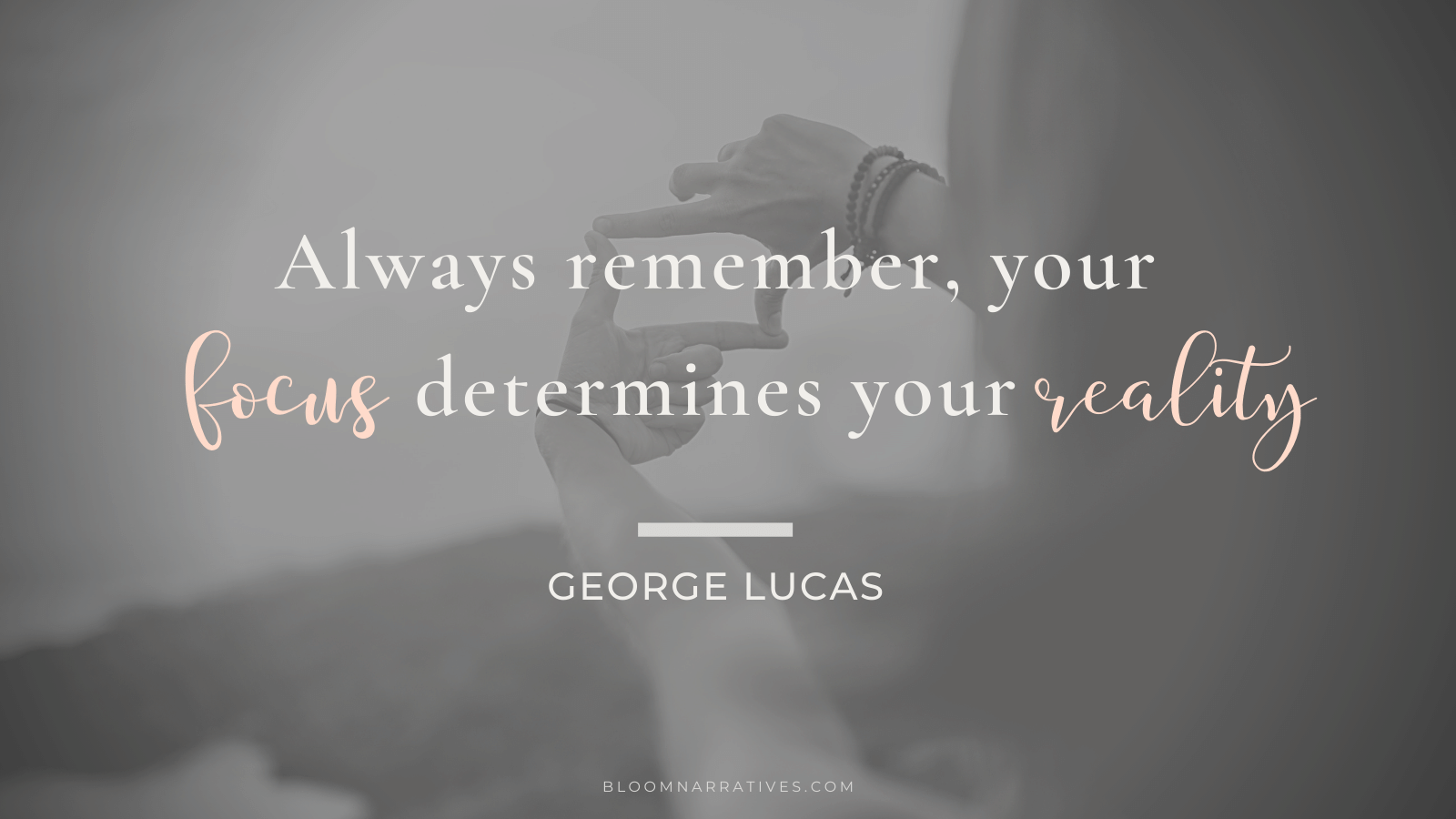4 Ways to Stop Letting Your Thoughts Control You (Taking Control of Your Thoughts #2)
In the first part of this series, 4 Steps to Dealing with Anxiety & Stress, I talked about how our brain’s basic function is to look for threats, and sometimes we can get stuck in cyclical patterns that impact our lives in negative ways. I also talked about 4 things we can do to decrease stress and anxiety and take control over our thoughts.
Part 2 is to look at the content of those thoughts and how to control and change those so that they work for us, rather than against us.
Ready to change your life? Keep reading.
What are we thinking about?
Now that we know what our brain is doing and what our body’s responses can be, let’s look at how our thoughts connect to that. But first!
Don’t think about a penguin.
Don’t think about a brick wall.
Don’t think about a cup.
Don’t think about worries.
See what I did there? The brain retrieved memories/images/thoughts about a penguin, brick wall, cup, and worries as you read them, both as a concrete reference or as an abstract idea.
The brain did not necessarily recognize the “don’t think about” part and therefore, did not follow the code to the letter. If you were to do a google image search for “penguin”, penguins show up. If you do a search for “don’t think about a penguin”, penguins still show up. Simple enough, unless one of your brain’s superpowers is to examine everything critically like my own lovely brain (thinking things cannot be that simple!).
One of my areas of specialty is substance abuse counselling and treatment and one of the most common things I hear is people’s reporting to me that they tell themselves not to use/do something, but still, find they do it or have significant urges or cravings to do the behaviour. Telling ourselves not to do something is not a consistent strategy (though it can be helpful for some). When we begin to look at why this is, a beautiful aha moment begins to emerge where we can recognize how we have been getting in our own ways and find solutions that work for us.
Paying attention to what we think is the first step here, then we can begin to look critically at the code we are giving our brains, and what the brain retrieves for us. Want to find out more about this? Check out a podcast called Brain Habits & How to Change Them.
Using the 4 step process from last week, we can deepen our questions further for ourselves and find healing through understanding our own thought processes:
Step 1: Notice
What thought/story has been coming up for you that you’re unhappy or concerned about?
How does that thought/story make you feel emotionally?
How does that thought/story make you feel physically? Is there any tightness anywhere? Cravings or urges?
Have you noticed any changes to your sleep habits?
Step 2: Acknowledge
Going back to the first question, what thought/story has been coming up for you that you’re unhappy or concerned about, circle the keywords and write them out.
Reflect on the keywords and get curious about them. Why is your brain asking your mind to retrieve these thoughts? What patterns/themes do you notice? What habits are they linked to? Are some of the thoughts ways you have used to cope?
Step 3: Observe & Witness
If you searched these keywords in Google, what shows up?
What would you say to someone who came to you with these thoughts?
Going back to your initial thought/story, if you were to re-write the thoughts without judgment or evaluating language, and write them as just facts and evidence, what would the story say?
Step 4: Practice Self-Compassion
If you could change the keywords in your brain's search engine, what would you prefer it to look for?
How would searching for those new keywords make you feel?
As an experiment, try 'searching' for these new keywords for the next few days and just non-judgmentally notice how your body and emotions respond.
Conclusion
Bringing awareness to our thoughts can lead to small changes that have significant results in our lives, but first, we need to notice, acknowledge, witness, and practice self-compassion. I hope this has been helpful for you today.
Do you want to dive deeper into controlling our thoughts? Check out this game-changing teaching, Neutralize Your Negative Thoughts by Kara Loewentheil, host of the podcast, Unf*ck Your Brain.
If this was helpful for you today, here is a printable version of the 4 Step process:
Hi, I’m Sharla.
I’m a Registered Social Worker who specializes in working with women to heal anxiety and all the fun it brings to the party, ADHD struggles, disordered eating, shame, and trauma.
I founded Bloom Narratives, a private practice that provides holistic wellness services.
Why? So you can be a game changer in your life. Because healing people heal people.






